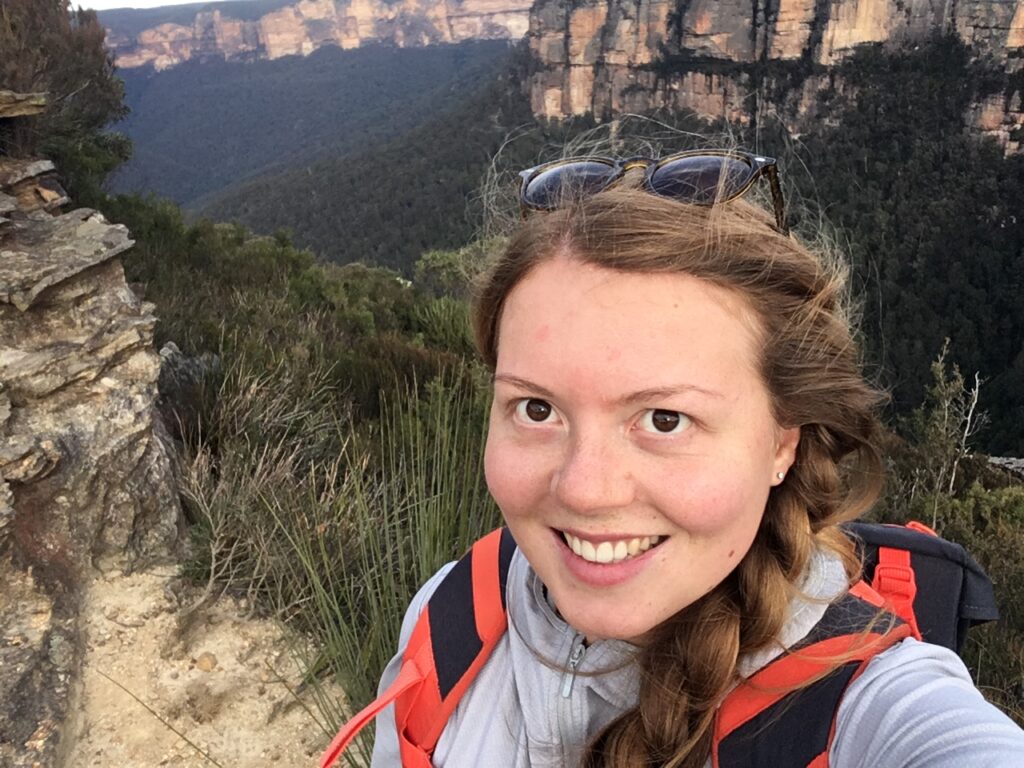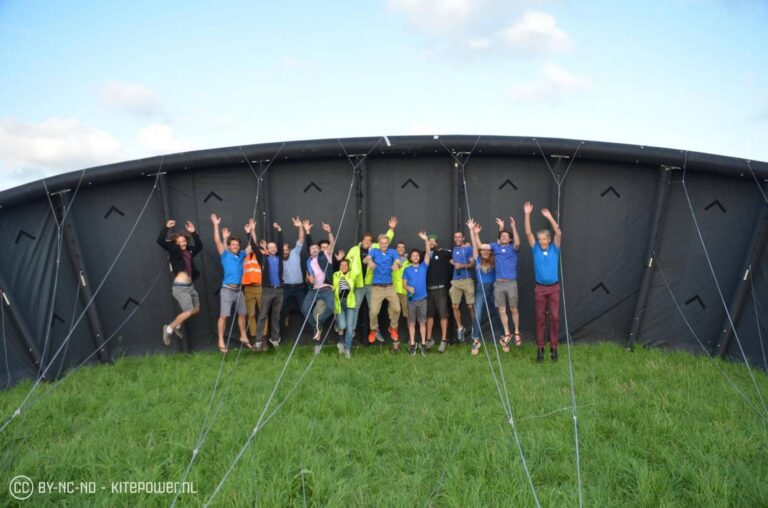PhD candidate
Helena Schmidt
- TU Delft
- +31152789461
- H.S.Schmidt@tudelft.nl
- Work package WP1a: airborne wind energy


I enjoy exploring new places, especially foreign countries and cultures, but also restaurants or corners of the city that I have not been to before. I have a passion for (plant-based) cooking and started growing my own food and working in a community garden. Being in nature helps me to ground myself and relax. I guess that is part of the reason why I currently own over 20 houseplants. When I am not taking care of my indoor jungle or experimenting in the kitchen, I like to socialize with people or exercise, which I both find fulfilling.

I grew up in the countryside and as a kid, I spent a lot of time exploring the surrounding woods, fields, and rivers. Maybe that is why I feel such a strong connection with nature. When I am standing in an incredible landscape, it fills me with joy and awe, and it makes me realize that humanity is only a grain of sand in the grand scheme of time and space. It causes me pain and sorrow to see how society is exploiting and destroying nature, some of which is billions and billions of years old.
As climate change is progressing at an ever-increasing rate, I decided that I don’t just want to make an effort in my private life (e.g., by eating vegan, not having a car), but also want to use my professional life to make a difference. As an environmental psychologist, I study people’s environmental behavior and their adoption of sustainable technologies, so that we better understand what influences it and how it can be increased.
In my PhD project, I am investigating the social acceptance of airborne wind energy systems that convert wind energy into electricity through the use of tethered flying devices. It is often overlooked that the energy system is not an isolated entity, but that it is embedded within society and thus dependent on wider social factors. As is increasingly seen with wind turbines, the implementation of a technical solution can fail if it is not in tune with the social setting. If we want to combat climate change, however, we have to find ways to introduce more renewable energies. My job is therefore to study and map the social implications of airborne wind energy.

I expect to work most closely together with Milan Tamis who is also researching the social acceptance of sustainable technologies, but more broadly than I am. I can imagine that I will occasionally also support other researchers and work packages within NEON when they are grappling with the social dimension of their respective research topics.